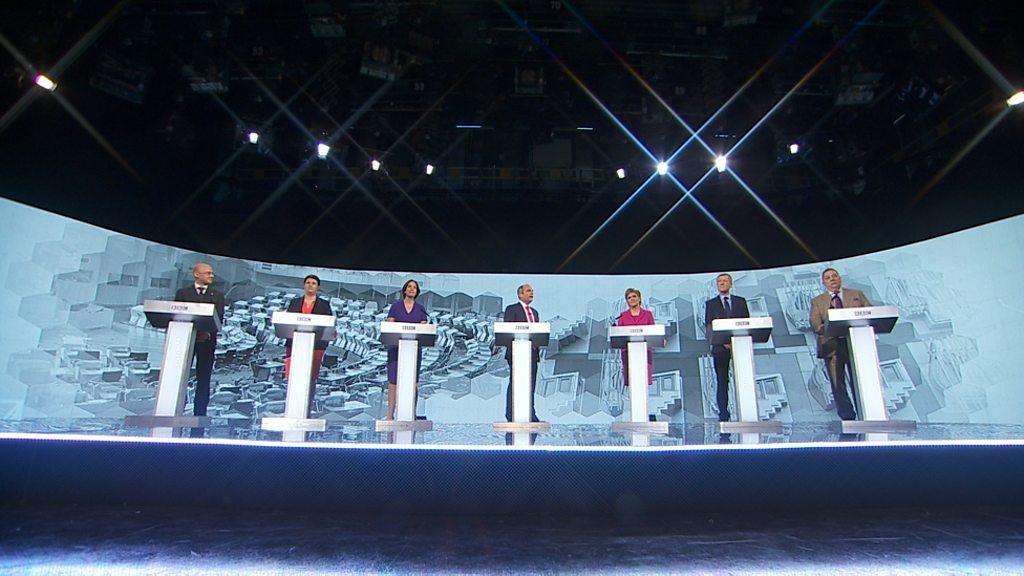Holyrood 2016: BBC Scotland poll suggests voters divided on tax
- Published
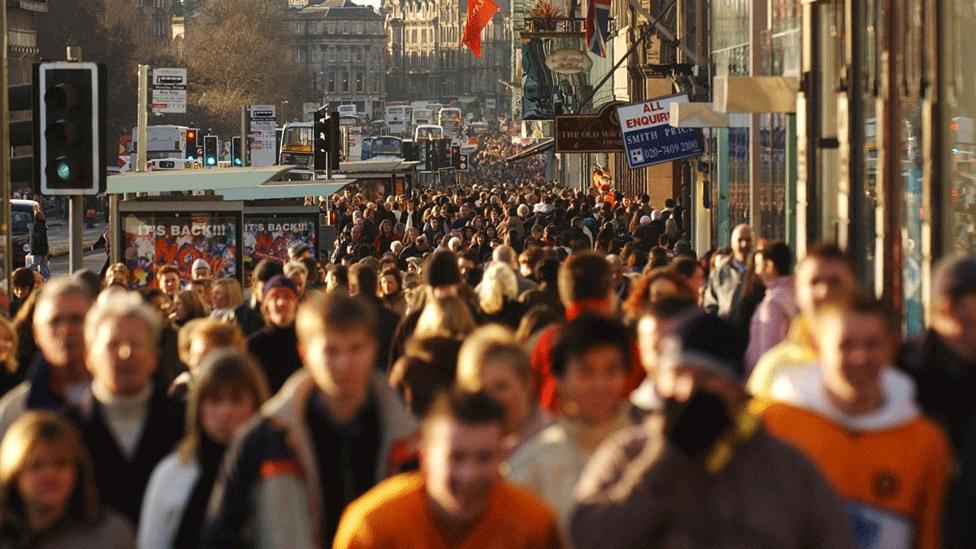
A poll focusing on key election issues took place in the second half of March and involved 1,002 voters in Scotland aged 16 and over
Scotland remains divided in attitudes to taxation, according to a new poll for BBC Scotland.
The survey, carried out ahead of the Holyrood election, suggested support for raising the very top rate of tax.
But there was also apparent backing for keeping Scottish tax rates in line with England.
The Ipsos MORI survey, external interviewed 1,002 people between 18 and 29 March. Respondents were asked to rank a range of policy ideas.
A score of one meant the policy was poor and should not be implemented. A score of 10 meant: great idea, do it tomorrow. Respondents could choose any number between one and 10, generating an average score for the policy.
Here, in the first of two pieces, we look at the issues of.....
Tax
Council tax
Welfare
These are topics which have been to the fore in the election campaign so far. Responses tend to cluster in the middle - with few ideas attracting dominant support and few being dismissed entirely.
There is, however, apparent support for the Labour idea that the top rate of income tax for those earning more than £150,000 a year should be increased from 45p to 50p. That attracts a net score of 7.3.
That ranking is perhaps no surprise. There are very few people in Scotland earning that level of salary. It is perhaps a human characteristic to support the notion that somebody else should pay more tax.
Who pays 45p income tax?
332,000
Approximate total for the UK
17,000
Approximate total for Scotland
Further, the idea of increasing the top rate, advanced by Labour's Kezia Dugdale, has also been backed in principle by Nicola Sturgeon, the SNP leader.
Ms Sturgeon has resisted the plan in practice on the grounds that well-heeled residents might alter their tax plans to avoid the extra levy - either by changing their base or by shifting from income to dividends which will continue to be taxed at the lower Westminster level.
Labour has stressed that HMRC has plans in place to counter such avoidance. Ms Sturgeon cites advice from her officials to the effect that Scotland could lose net revenue if only 7% of top earners contrived to change their circumstances.
The SNP leader says she would be willing to contemplate such a tax increase in future if she could be convinced that Scotland would not lose out. It seems likely that Labour will continue to pursue her over this topic.
Further, on tax, our survey suggests a net score of 6.5 for the idea that the rate of income tax for people in Scotland should be kept at the same level as for people in England.
That is the Conservative approach - although one might also note that, with modifications, the SNP also currently intend to leave rates alone. The key difference is that the SNP also favour cancelling an effective tax cut for higher earners announced by the Chancellor.
Scotland's 40p tax payers
372,000
Approximate total number
10%
Working population
-
£190m Value of 40p tax cut plan
-
14,000 Workers removed if cut adopted in Scotland
It is perhaps worth noting that support for the status quo on tax rates slightly outpolls backing for the Labour and Liberal Democrat idea that all rates of income tax should be increased by 1p in the pound, with the money primarily diverted to education.
But the difference is marginal and, again, the rankings are mostly grouped in the middle. It seems there is, as yet, no clear verdict among the Scottish people on tax.
That is perhaps understandable. These are new powers - and hence new politics. Plus there is a very fundamental choice to be made, particularly with regard to the standard rate.
The Conservatives argue that it is wrong, from first principles, for people in Scotland to pay more than in England.
Labour and the Liberal Democrats argue that it is right to ask people to pay more tax in order to protect public services, with the emphasis upon education.
The SNP say that increasing the standard rate is wrong in that it amounts to asking the low-paid to shoulder the burden of "Tory cuts".
Then there is a further debate about the impact upon the lowest-paid. Both Labour and the Liberal Democrats say they would protect those earning less than £20,000 from paying more in tax than they do at present.
Leaders of the main political parties in Scotland clashed over taxation
That is, primarily, because the overall starting rate for income tax is due to increase under Treasury plans. (LibDems claim the credit for this tendency, dating back to their period in coalition. Lib Dems also suggest they might introduce a zero rate to entrench further the support for the low paid.)
Rivals have criticised Labour in particular, noting that they formerly talked of a rebate administered via councils to help the low-paid. Labour say this was only for the first year, before fully enhanced powers took effect, and has been overtaken.
The SNP say an increase in the standard rate is still wrong. They say, at the very minimum, it cancels out for Scotland any benefit for the low-paid from the UK increase in the starting rate for tax.
They say they can raise cash for services - a cumulative £2bn over a parliamentary lifetime - from cancelling the effective tax cut for higher earners set out by the Chancellor, together with their council tax proposals.
With regard to higher rate tax, the SNP have now set out details involving a CPI inflation rate increase in the threshold for the 40p rate - which would thus be lower than under the Chancellor's plans, meaning that people in Scotland on that upper rate would pay more than in England.
The details of that SNP package only emerged after we had formulated our questions for the survey. However, we did ask in very general terms about the idea of pegging the threshold for the higher rate of tax at the current level, even if people in the rest of the UK only started paying the 40p rate on higher incomes.
That attracted a net score of 5.3, close to the midway point on our scale. Ms Sturgeon argues that the detailed SNP package is gaining support as it becomes evident that it obliges higher rate taxpayers to stump up more than in England while protecting low and middle earners. Her rivals dissent, on various grounds.
It seems certain that the political parties - all the political parties - will have to continue to evangelise their tax plans in detail in order to build support.
What about council tax?
Turning now to council tax, there was a mean score of 6.2 for the idea that those living in more expensive homes should contribute more. That outpolled the notion of increasing all rates of council tax by up to 3%, with the money devoted to schools. That policy ranked 5.1
Again, though, these are figures broadly in the middle. Once more, the parties will require to explain their distinctive approaches. Tax is rarely popular with individuals - unless others are paying.
What about welfare?
Finally, welfare. There was 7.3 support for the idea that the level of free childcare should be broadly doubled for three and four year olds. That is an SNP policy although other parties also have offers on childcare.
The idea of increasing the cash support for those who care for people with disabilities was ranked 6.4.
The second part of our poll looked at your views on health, education, fracking, sectarianism and the constitution.

BBC Scotland Holyrood election 2016 poll
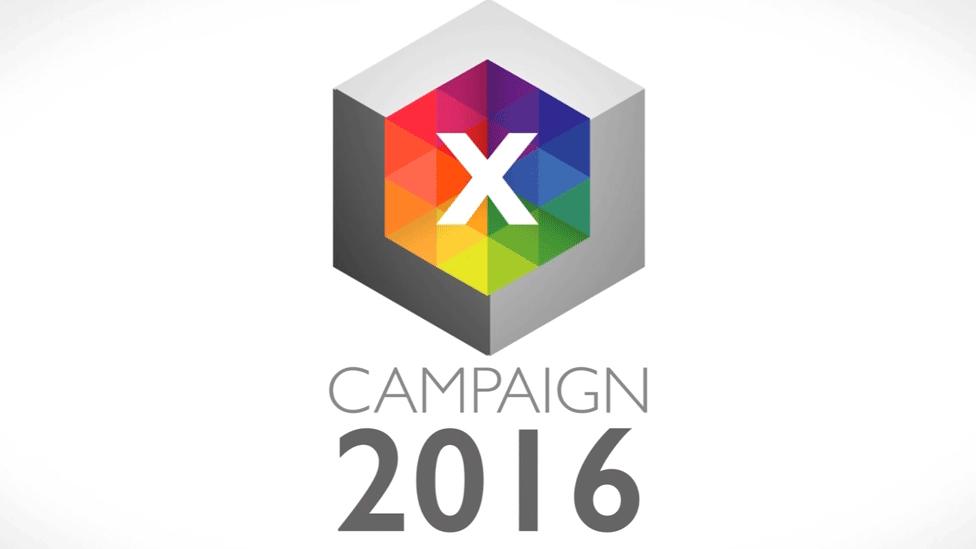
Eight questions on tax, council tax and welfare (plus mean score)
Increase the top rate of income tax for those earning more than £150,000 a year from 45p to 50p - 7.3
Increase the level of free childcare for 3 and 4 year olds from fifteen to thirty hours a week in order to help parents go back to work - 7.3
Keep the rate of income tax for people in Scotland at the same level as for people in England - 6.5
Give those who care for people with disabilities in Scotland more in benefits than those elsewhere in the UK - 6.4
Increase all rates of income tax in Scotland by 1p in the pound and spend the money raised on schools and colleges - 6.2
Increase council tax for those living in more expensive homes in Scotland - 6.2
Keep the income level at which people in Scotland begin to pay the higher 40p rate of income at £42,385 even if people in the rest of the UK only start paying the 40p rate on higher incomes - 5.3
Increase all rates of council tax by up to three per cent and spend the money raised on schools - 5.1
All figures are mean scores based on answers provided between one and 10. One means the policy should never be put in place, and 10 means that it is very important and should be put in place quickly.
- Published5 April 2016
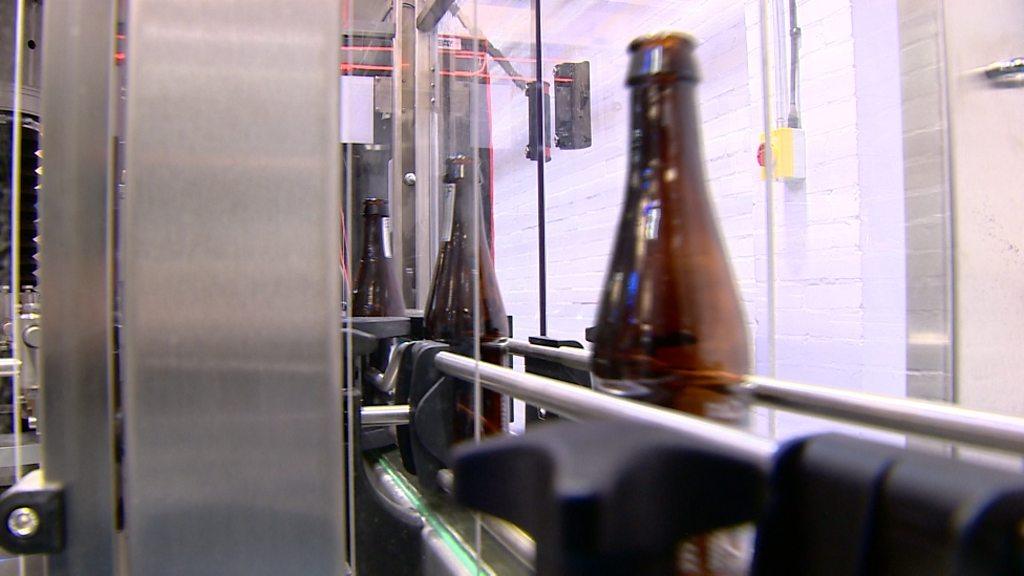
- Published4 April 2016
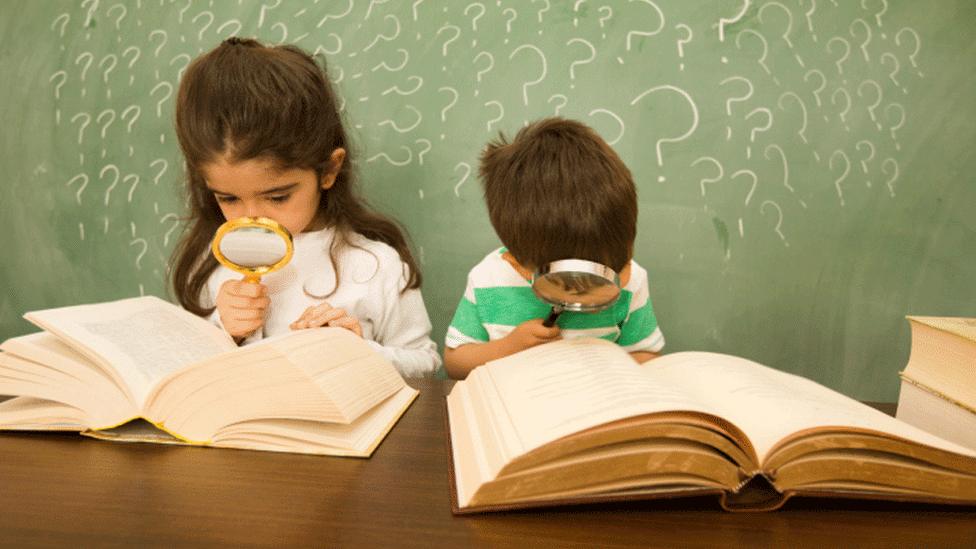
- Published4 April 2016
- Published24 March 2016
